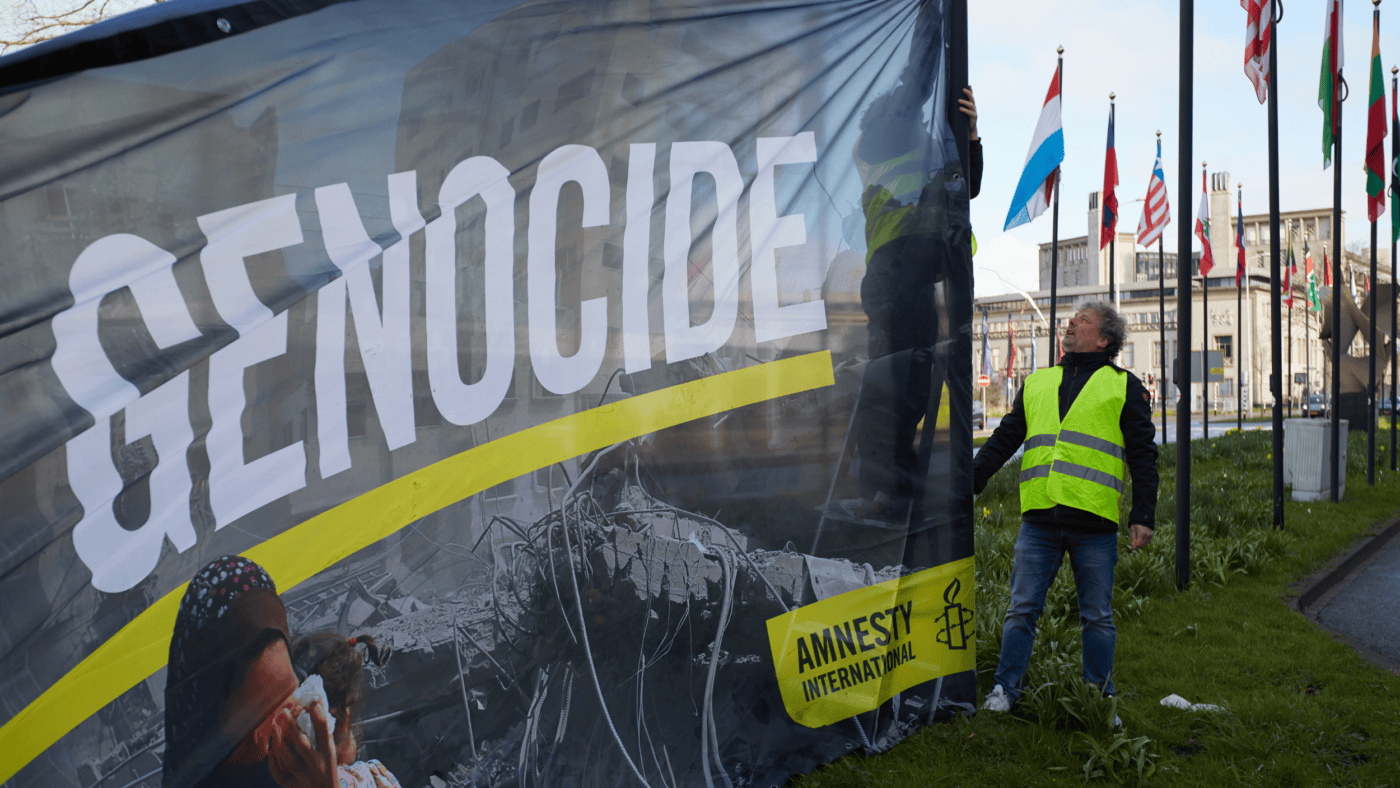The human rights NGO sector is in crisis. The moral authority of human rights NGOs is collapsing – and it is authoritarian regimes that are reaping the rewards.
Once seen as exemplars of morality on the world stage, many of these organisations are now adrift. They are haemorrhaging credibility not only in the West, but also crucially in the Global South.
Nowhere is this more visible than in the Middle East and Africa. Western-funded NGOs are increasingly perceived locally as vehicles for donor-driven agendas – out of touch with local realities and insulated from accountability.
Instead of working with communities and meeting on-the-ground needs, they are seen to impose Western orthodoxies. According to one experienced African NGO worker, staff at international NGOs often ‘believe they are superior because they hold the funding,’ presuming their local partners should ‘look like them’ while focusing on donor compliance ‘over actual impact’.
The decline didn’t happen overnight.
Consider Amnesty International’s now infamous reports on both Israel and Ukraine. In the first, the organisation accused Israel of genocide – a claim a legal expert has said not only distorts the facts but ‘abuses the language of international law’.
The second alleged ‘Ukrainian fighting tactics endanger civilians,’ and drew sharp criticism for relying on poorly sourced material gathered by foreign observers. Amnesty’s local Ukrainian office publicly distanced itself from the findings.
Such incidents are more than PR gaffes – they seriously undermine the sector’s credibility. Once proud of their impartiality, a number of NGOs are now seen to embrace ideological crusades.
This isn’t just a moral failure – it’s a strategic one. As Western NGOs flounder, authoritarian regimes are moving in to fill the gap.
Beijing and Moscow have been quick to capitalise, offering transactional partnerships devoid of moral lectures. In the battle of values, the West is losing ground. This decline in credibility among human rights NGOs reflects a broader failure to engage authentically and accountably with the very people they purport to serve.
One citizen from a developing country put it bluntly to economist Lawrence H. Summers: ‘Look, I like your values better than I like China’s. But the truth is, when we’re engaged with the Chinese, we get an airport. And when we’re engaged with you guys, we get a lecture.’
Adding to the turmoil is the posture of the current Trump administration, which has shown open hostility toward parts of the NGO sector. In his previous term, Trump has considered labelling some organisations as ‘antisemitic’, and in his current term threats of closure have already materialised in the form of the effective shuttering of USAID.
‘Human Rights NGOs: A Crisis of Trust’, a new report by the Henry Jackson Society, reveals that trust in human rights NGOs has deteriorated further still in the wake of October 7. Experts, policymakers – and ordinary citizens alike – have accused some NGOs of disproportionately and unfairly targeting Israel in their reporting and peddling misinformation.
The report does not aim to validate or endorse these accusations, rather it highlights how their sheer prevalence is hampering the ability of human rights NGOs to operate effectively.
If human rights NGOs are to recover, three things must happen.
First, transparency: who funds what, and why, must be made clear. Second, local partnership: not as a token gesture, but as the foundation for legitimacy. Third, strategy: NGOs must understand they are operating in a geopolitical arena.
Their failure serves to strengthen authoritarian rivals and reshape global norms.
Human rights NGOs have achieved remarkable things over the decades. But to remain effective in an increasingly contested and multipolar world, they must confront the trust deficit head-on. Only by doing this can NGOs begin restore their legitimacy and strategic relevance.
Unless NGOs rebuild trust where it counts, they’ll lose not just influence, but the global values contest altogether.
Read ‘Human Rights NGOs: A Crisis of Trust’ here.
Click here to subscribe to our daily briefing – the best pieces from CapX and across the web.
CapX depends on the generosity of its readers. If you value what we do, please consider making a donation.


